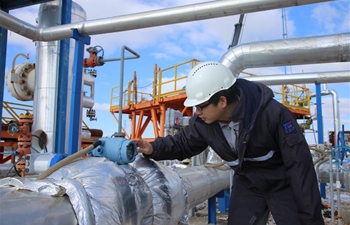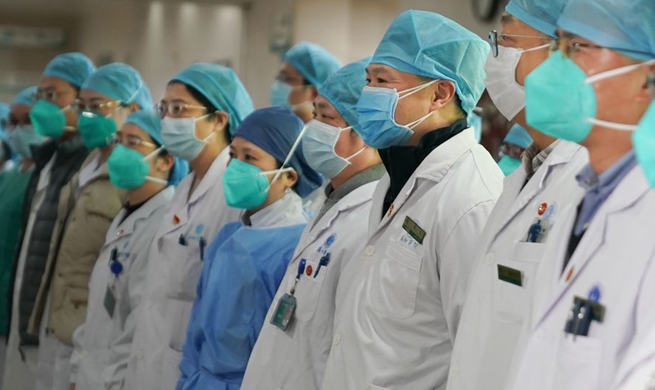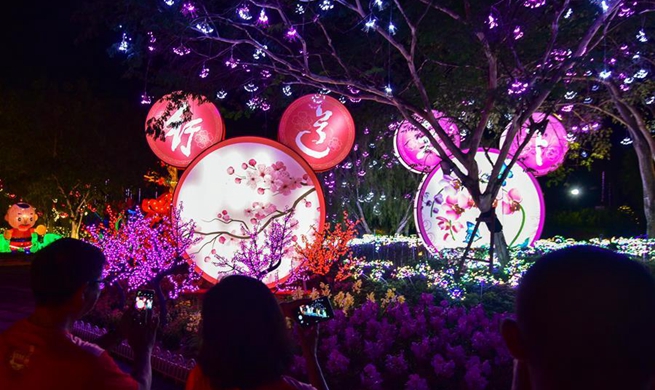CHICAGO, Jan. 22 (Xinhua) -- Recycled and aged human urine can be used as a fertilizer with low risks of transferring antibiotic resistant DNA to the environment, according to a study of the University of Michigan (UM).
The researchers collected urine from more than 100 men and women and stored it for 12 to 16 months. During the period, ammonia levels in the urine increase, lowering acidity levels and killing most of the bacteria that the donors shed.
When the ammonia kills the bacteria, they dump their DNA into the solution. It's these extracellular snippets of DNA that the researchers studied to see how quickly they would break down.
The study has shown that the practice of "aging" collected urine in sealed containers over several months effectively deactivates 99 percent of antibiotic resistant genes that were present in bacteria in the urine.
"Based on our results, we think that microorganisms in the urine break down the extracellular DNA in the urine very quickly," said Krista Wigginton, UM associate professor of civil and environmental engineering. "That means that if bacteria in the collected urine are resistant to antibiotics and the bacteria die, as they do when they are stored in urine, the released DNA won't pose a risk of transferring resistance to bacteria in the environment when the fertilizer is applied."
In the ongoing work, the UM researchers are moving toward agricultural settings.
"We are doing field experiments to assess technologies that process urine into a safe and sustainable fertilizer for food crops and other plants, like flowers. So far, our experimental results are quite promising," said Nancy Love, the Borchardt and Glysson Collegiate Professor and professor of civil and environmental engineering at UM.
Urine contains nitrogen, phosphorus and potassium, key nutrients that plants need to grow. Today, municipal treatment systems don't totally remove these nutrients from wastewater before it is released into rivers and streams. At the same time, manufacturing synthetic fertilizer is expensive and energy intensive.
The study is published on Wednesday in Environmental Science and Technology.

















